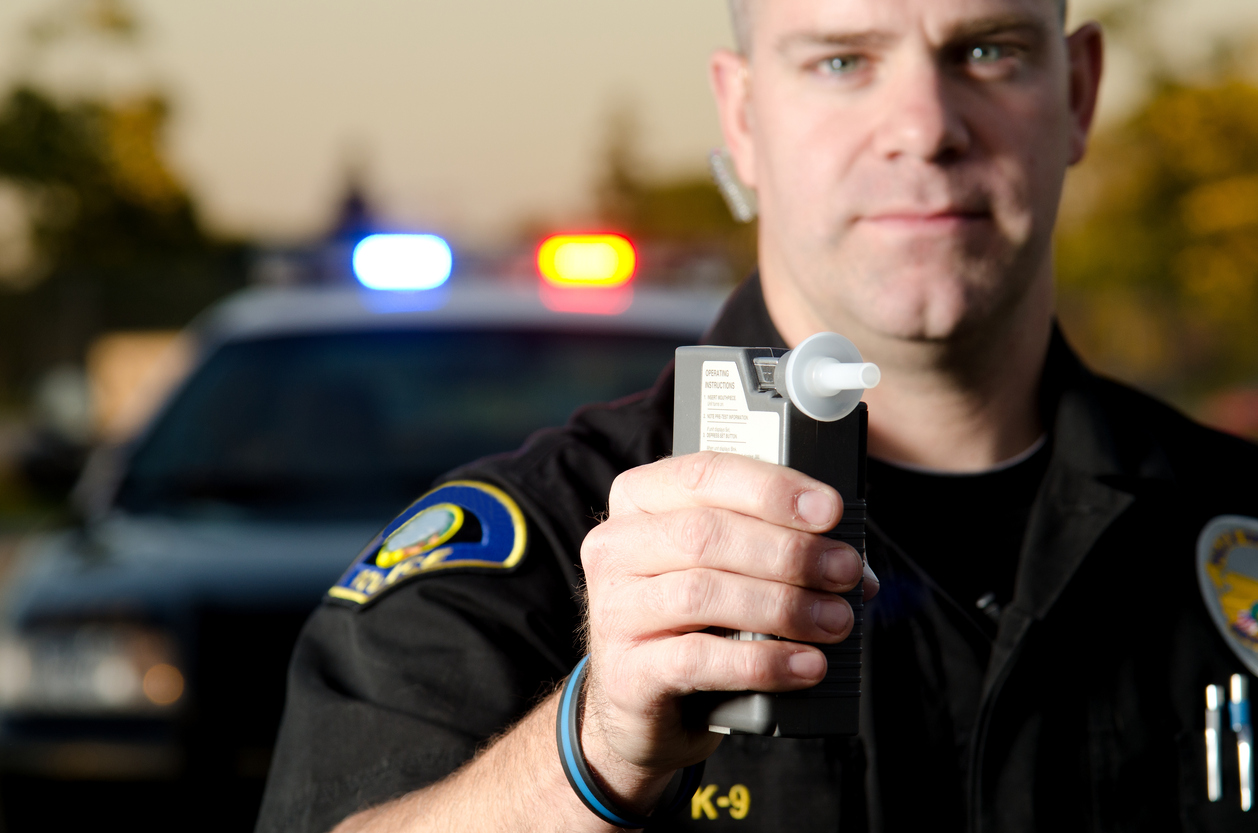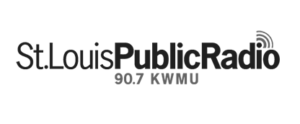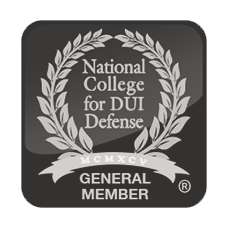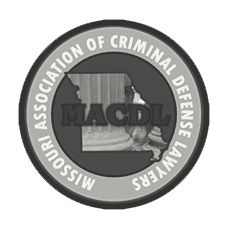Standardized field sobriety tests were developed in the 1970s to prevent fatalities due to drunk driving. Nowadays these tests are used mainly in traffic stops to determine if a driver is impaired. The problem is, these tests are usually inaccurate and don’t paint the full picture of what might be going on.
Because of their common inaccuracy, field sobriety tests often end with an innocent person being hauled off to jail. If this happened to you, or if you suspect your DWI arrest was unlawful, you need a skilled field sobriety test attorney in St. Louis. JCS Law is the firm for you – call (314) 561-9690 today.

Types of field sobriety tests
Missouri law enforcement officers are permitted to administer three different types of field sobriety tests:
HGN or Horizontal Gaze and Nystagmus
The Horizontal Gaze and Nystagmus HGN test is designed to detect the involuntary jerking motion of the eye exhibited by people under the Of alcohol when the gaze moves horizontally.
The test is administered in a well-lit area, or using a police flashlight at night. The subject faces away from the cruiser lights and toward the officer.
The officer asks the subject to follow an object from side to side, such as the tip of a pen, using only their eyes. The officer looks for a jerking motion when the person’s gaze moves.
Because this is an involuntary body reaction due to the substances in the bloodstream, it’s generally the most accurate SFST. However, people with certain medical conditions may present a similar reaction even if they are not intoxicated.
WAT or Walk and Turn
A Walk-and-Turn (WAT) SFST involves walking in a straight line, with the feet stepping heel-to-toe and the arms out to the side. This walking motion is akin to walking on a tightrope, not a normal gait, and as such, can be challenging for many sober people.
The officer instructs you to stand with your arms out and heel to toe first to ensure you can do this. Then, you walk in a straight line in that manner, counting your steps and keeping your arms out to the sides. Once you complete the instructed number of steps, you pivot and walk back to the officer in the same manner.
This test is designed to detect a few clues that indicate someone is under the influence:
- Can they concentrate and understand the directions?
- Checking their balance by having their arms out to the sides
- Listening to the person count aloud to determine if their speech is slurred
- Watching them walk – are they stumbling?
This test may be physically difficult for many sober people. Certain head injuries and medical conditions can affect balance, or some people may be physically unable to place their heels directly behind their toes with each step.
OLS or One Leg Stand
A One Leg Stand (OLS) SFST evaluates the subject’s balance and ability to follow directions. The officer explains the test, instructing you to stand with your feet together and arms at your sides. Then, lift one foot about six inches off the ground, keep your arms by your sides, and count to 30.
People with inherent balance issues or problems with their middle ears may be unable to balance, period. And, balancing on one leg for 30 seconds can be difficult for many people who do not have a balance-related medical condition – not everyone has good balance!
Importance of legal representation for field sobriety tests
You are not legally obligated to get out of your car and perform field sobriety tests. Missouri’s Implied Consent law for sobriety testing only extends to the requirement to submit to a breathalyzer test – not any other tests, and certainly no tests that are not approved by the NHSTA. Although the field sobriety tests are technically voluntary, many people may agree to them because:
- They are sober and wish to prove it
- They are intimidated by the police officer into getting out of the car
- They do not know that they can legally refuse to take these tests
At JSC Law, we know exactly what St. Louis police officers can do at a supposed DUI stop – and what they can’t. Let our legal knowledge benefit you – call us at (314) 561-9690 today!
How field sobriety tests can impact a DUI case
The field sobriety tests can be used by the prosecution to establish probable cause to give you a breath or blood alcohol test. However, the results are inadmissible in court because of their subjective nature and inherent flaws.
Potential consequences of a failed field sobriety test
If you fail a field sobriety test St. Louis, you may be asked to take a blood or breath test to calculate your BAC. You may even be arrested for failing an SFST and have to spend the night in jail.
How field sobriety tests are evaluated and administered
You were pulled over for a traffic offense, and the officer asked or requested that you do a few tests to ensure you’re not impaired. SFSTs must be administered according to the guidelines set forth by the NHSTA. The officer may use the field sobriety test results St. Louis to order a breath or blood test to measure your BAC.
If your case goes to trial, the officer may testify about how they administered the tests, what they perceived when you took the tests, and how they concluded that you were intoxicated.
Common challenges to field sobriety tests
These tests are designed for failure, and a high percentage of people are unable to pass some or all of them in perfect conditions. An officer may be a bad communicator and could explain the test so terribly that you could fail before you’re even asked to begin.
The DWI lawyers in St. Louis at JCS Law have challenged the field sobriety test St. Louis in many ways:
- The clues of impairment can be evaluated subjectively
- The officer was not trained to detect valid clues for impairment
- The standards for completing the test properly were not applied correctly
- The police officer used an unauthorized field sobriety test (counting backward, finger to nose, etc.)
- You have a mental illness (ADHD, Autism) that makes it difficult to perform several tasks at once
- You have a physical injury or impairment in your ankles, knees, hips, or lower back.
- Your prescription medications make it appear as though you are intoxicated
Our St. Louis DWI defense lawyers aren’t the only ones who noted that the SFSTs can be inherently flawed. A study sponsored by the NHSTA and conducted by the Southern California Research Institute determined the accuracy of each test to be:
- OLS: 65%
- WAT: 68%
- HGN: 77%
All three used together produced an 82% accuracy rate. It’s important to note that these accuracy rates were achieved by the testing conducted properly each time. One of our most common challenges to a St. Louis DWI charge is that the police officer testing you did not properly administer the test, and therefore, the results are inaccurate.
Strategies for defending field sobriety test results
St. Louis DUI defense attorneys from JCS Law aggressively attack the probable cause used by law enforcement to make an arrest decision in your case.
Defense strategies we use include:
- The test was not properly administered
- The officer’s interpretation of the results was flawed
- You were intimidated into performing the tests
- You were given a test that is not an approved SFST
Why hire JCS Law?
The legal team at JCS Law focuses on defending people charged with a DWI or DUI in St. Louis. Led by attorney John Schleiffarth, we work tirelessly to fight for your rights and mitigate your penalties.
John has received many professional accolades and awards in his tenure as a St. Louis criminal defense lawyer, including:
- Super Lawyers: Rising Star 2015-2020
- St. Louis Magazine: Finalist for “Lawyer Of The Year” 2017
- AVVO Rating 10.0
We have extensive resources to challenge your DWI arrest. We know what is permitted and what isn’t, and we aren’t afraid to challenge a sobriety test in court.
Our St. Louis field sobriety test lawyers are ready to help
Have you been charged with DUI? Don’t face the justice system alone – contact JCS Law today at (314) 561-9690 for a free consultation about your case!
Our SFST Certified staff member can aggressively and earnestly review the police report for your case and find any mistakes and/or errors that may be present. Giving us the upper hand against the prosecution in your case.
Featured In:






Award winning
law firm
75 W Lockwood Ave #250, Webster Groves,
MO 63119, United States









